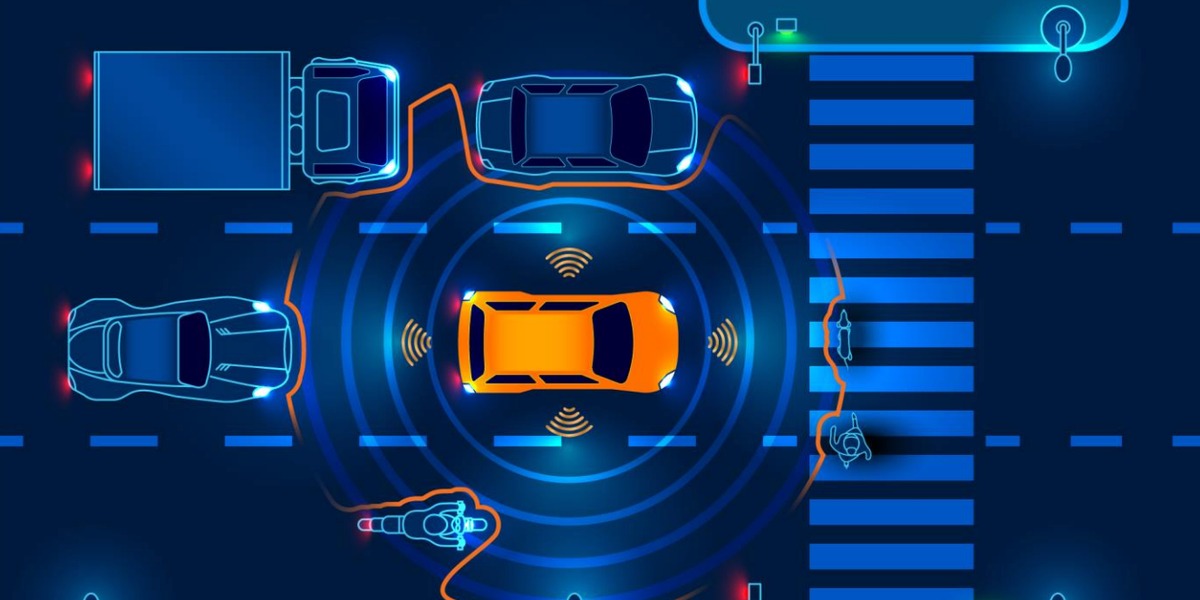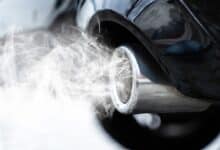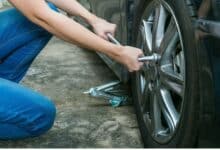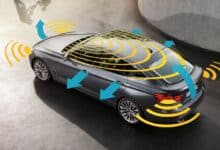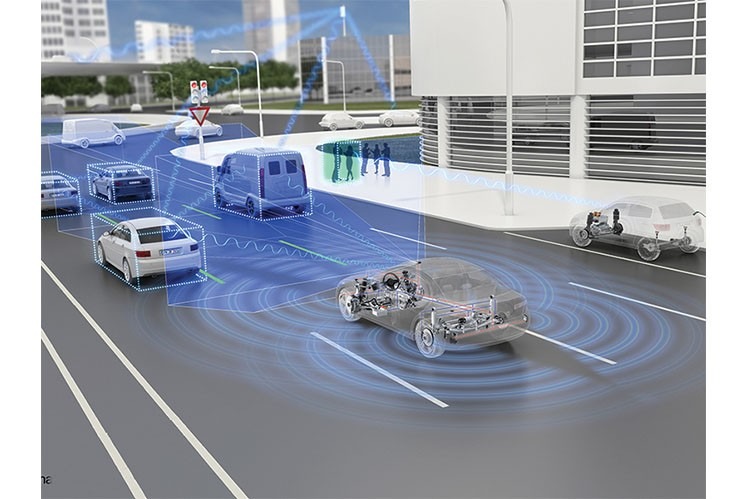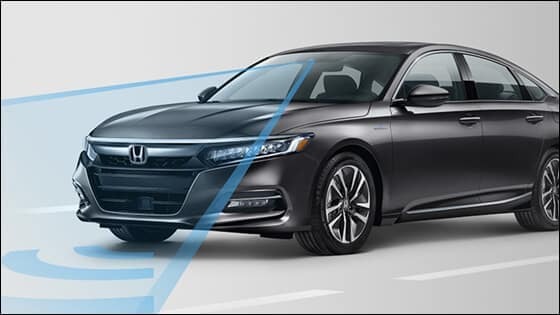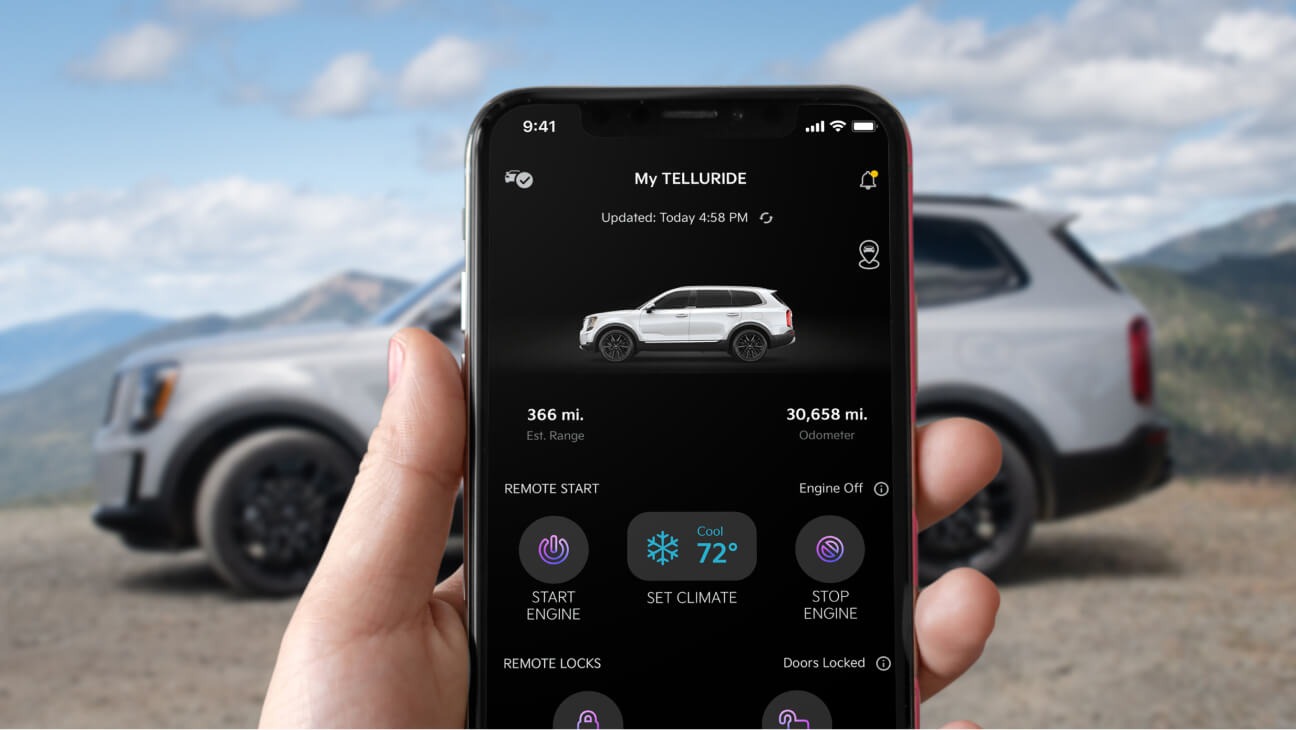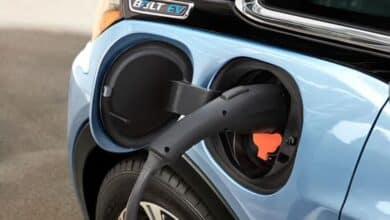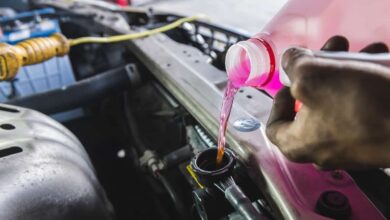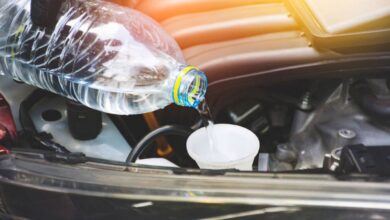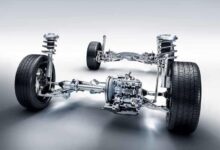Maximizing Vehicle Control: Tips to Enhance Your Vehicle’s Control System

Achieving optimum control over your vehicle is integral to both safety and driving pleasure. This guide is tailored to offer tips and insights on how to enhance your vehicle’s control system. From understanding electronic stability control to optimizing traction and handling, we’ll explore the key elements that contribute to superior vehicle control. Dive into practical advice, best practices, and technological considerations that can elevate your driving experience. Uncover the steps to ensure your vehicle responds precisely to your commands, providing a confident and controlled ride in various driving conditions. Maximize your control on the road with these tips designed to enhance your vehicle’s control system.

Contents
Introduction
When it comes to driving, having full control of your vehicle is paramount. A well-functioning control system not only ensures a smoother ride but also enhances safety on the road. In this blog post, we will discuss several key strategies to help you maximize your vehicle’s control system, enabling it to work more effectively. By following these tips, you can enjoy a more comfortable and secure driving experience.
Regular Maintenance and Inspections
To ensure your vehicle’s control system operates at its peak performance, regular maintenance and inspections are crucial. Here are some essential maintenance tasks to consider:
Tire Maintenance
Tires play a significant role in your vehicle’s control system. Proper tire maintenance is vital for optimal traction, stability, and overall control. Follow these maintenance tips:
- Inflation Pressure: Keep your tires properly inflated according to the manufacturer’s recommendations. Underinflated or overinflated tires can impair control and handling.
- Tire Tread: Check the tread depth regularly and replace worn-out tires promptly. Insufficient tread depth reduces grip and control, especially in wet or slippery conditions.
- Wheel Alignment: Schedule regular wheel alignment to ensure all four wheels are properly aligned. Misalignment can lead to uneven tire wear and compromised control.
See more: When should you Check and replace the tail lights on your vehicle?
Brake System Maintenance
The braking system is an integral part of your vehicle’s control system. Regular brake system maintenance is essential for optimal stopping power and control. Consider the following maintenance tasks:
- Brake Pad Inspection: Regularly inspect your brake pads for wear. Worn brake pads can compromise braking performance and control. Replace them as recommended by the manufacturer.
- Brake Fluid: Check the brake fluid level regularly and ensure it is free from contamination. Contaminated or low brake fluid can affect braking performance and control.
- Brake Rotor Inspection: Inspect the brake rotors for any signs of damage or warping. Damaged rotors can lead to decreased braking effectiveness and control.
Suspension System Maintenance
A well-maintained suspension system enhances vehicle stability, handling, and overall control. Consider these maintenance tips for your suspension system:
- Shock Absorbers: Regularly inspect shock absorbers for signs of leakage or wear. Worn-out shock absorbers can compromise control, especially during uneven road surfaces.
- Bushings and Joints: Check suspension bushings and joints for wear or damage. Worn-out components can affect steering responsiveness and stability.
- Suspension Alignment: Schedule regular suspension alignment to ensure proper alignment of the suspension components. Misalignment can lead to poor handling and control.
Mindful Driving Habits
Apart from regular maintenance, adopting mindful driving habits is essential for optimizing your vehicle’s control system. By practicing the following driving habits, you can enhance control and safety:
Avoid Distracted Driving
Distracted driving significantly impairs control and increases the risk of accidents. Minimize distractions by:
- Avoiding Phone Usage: Keep your mobile phone out of reach or use hands-free options when necessary.
- Limiting Multi-Tasking: Focus solely on driving and avoid engaging in other activities simultaneously.
The Ultimate Guide to Maintaining Your Vehicle’s Fuel System
Maintain a Safe Distance
Maintaining a safe distance between your vehicle and others allows for better control and reaction time. Follow these guidelines:
- Following Distance: Maintain a minimum three-second following distance from the vehicle ahead.
- Increase Distance in Poor Conditions: Increase the following distance in adverse weather or road conditions.
Smooth Acceleration and Braking
Smooth acceleration and braking contribute to better vehicle control. Follow these techniques:
- Gradual Acceleration: Avoid sudden acceleration, as it can disrupt control and stability.
- Progressive Braking: Brake smoothly and progressively rather than abruptly.
Observe Speed Limits
Adhering to speed limits is essential for maintaining control and preventing accidents. Follow these guidelines:
- Obey Road Signs: Pay attention to road signage indicating speed limits.
- Adjust Speed in Hazardous Conditions: Reduce speed in adverse weather, road construction zones, or unfamiliar areas.
Be Aware of Surroundings
Maintaining awareness of your surroundings enhances control and safety. Practice the following:
- Checking Mirrors: Regularly check rearview and side mirrors to be aware of other vehicles.
- Scanning the Road: Continuously scan the road ahead for potential hazards or obstacles.
Upgrading Control System Components
In addition to regular maintenance and mindful driving habits, upgrading certain control system components can further enhance your vehicle’s performance and control. Consider these potential upgrades:
High-Quality Tires
Investing in high-quality tires specifically designed for your vehicle improves grip, traction, and overall control. Look for tires with excellent wet and dry performance, as well as optimal tread patterns for your driving needs.
Performance Brakes
Upgrading your vehicle’s brake system with high-performance brake pads and rotors can significantly improve braking performance, responsiveness, and overall control. Consult with a professional mechanic to find the best brake upgrade options for your vehicle.
Suspension System Upgrades
Consider upgrading your suspension system with components designed for improved handling and control. Upgraded shock absorbers, sway bars, or lowering springs can enhance stability, responsiveness, and overall control during cornering or uneven road conditions.
Elevating Your Driving Experience with Enhanced Vehicle Control
Optimizing your vehicle’s control system requires a combination of regular maintenance, mindful driving habits, and potential component upgrades. By following these strategies outlined in this blog post, you can maximize your vehicle’s control system’s effectiveness, ensuring a safer and more enjoyable driving experience. Remember that safety should always be a top priority when operating any vehicle on the road. Stay proactive, stay informed, and enjoy the benefits of a well-functioning control system!
See more news at: car care vip



